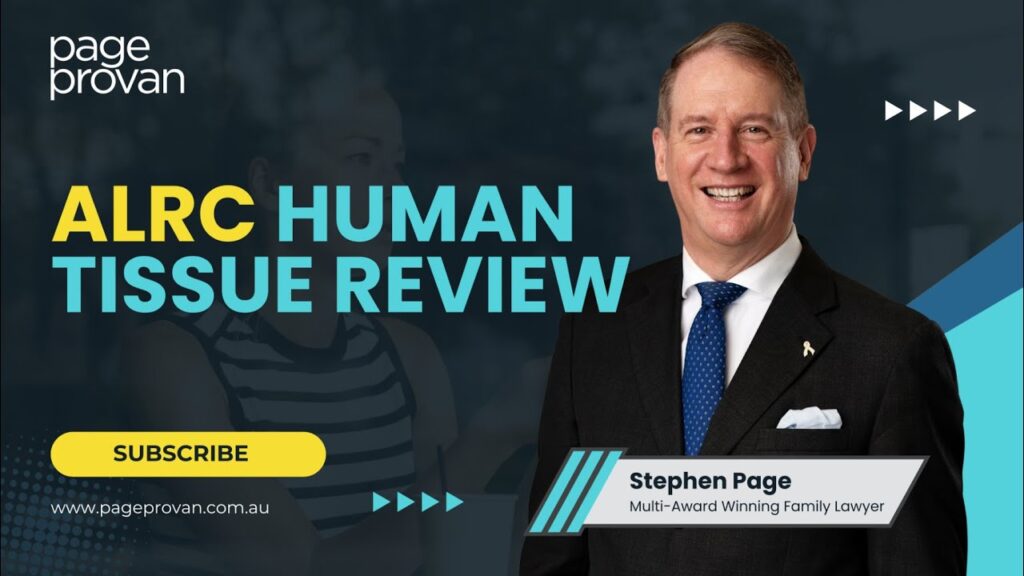Attorney-General signals change
The Commonwealth Attorney-General Robert McClelland has clearly signalled that the Commonwealth will be changing the family law system, probably by more emphasis on settling propertys ettlement disputes before they get to court. Mr McLelland (with emphasis added by me):
The Courts and Family Law
In troubling economic times it is imperative that our justice system is accessible and effective in dealing with an increased number of financial and commercial disputes – including an increase in personal insolvency and consumer credit and debt. We must also prepare ourselves for an inevitable increase in family stress and disruption, and potentially more instances of family breakdown.
In that context, it is essential that the considerable public resources devoted to family dispute resolution are utilised in a way that maximises the benefits to the people affected by family breakdown. As a result, I initiated a review of the delivery of family law services by the federal courts.
The Report of the Review was released in November last year, along with a Consultation Paper seeking further public comment on the Report’s recommendations. The consultation period ended a month ago.
What the Review and consultation both reveal is consensus among stakeholders that aspects of the federal family law court system are due for reform. The Government is currently considering this matter. However, let me make clear that I believe no change is not an option.
Access to Justice in Family Law
About 40 per cent of Australians are affected, directly or indirectly, by family law. We can never be complacent about the people whose lives are affected or about the system that is there to assist families through the crises of breakdown and dislocation. We must ensure that all our efforts and public resources are deployed at an early stage to assist parties to resolve their own differences as quickly as possible or – if this is not possible – narrow the issues in dispute. Last month, I convened a Family Law System conference that brought together almost 200 heads of organisations and key individuals in the family law system. The conference discussed how we might build an integrated family law system by strengthening relationships across the courts, the legal profession and family relationship services.
Legal Assistance
Legal assistance programs help deliver the Government’s social inclusion and access to justice agendas and the Commonwealth and State governments invest heavily in them. Last financial year around $111 million was provided for legal assistance programs in Queensland alone − $56 million in State grants and Public Purpose Trust funding, and $55 million in Commonwealth funding.
These are significant resources, but it would be unrealistic to think that governments could ever provide enough funding to meet all demand. So it is critical that every dollar for legal assistance services counts. In particular I want to strengthen the capacity for early intervention – it is one of the keys to resolving legal problems before they escalate and add to the burden of entrenched disadvantage. I commend the determined efforts of legal aid commissions, community legal centres and Indigenous legal service providers to coordinate and collaborate on early intervention initiatives such as community legal education, advice, advocacy and mediation.
Legal aid commissions have led the way with their family dispute resolution services. In particular, Queensland Legal Aid Commission has been at the forefront of family mediation services for some years. I was pleased to open their new purpose-built centre here in Brisbane last year. The centre has been carefully designed to maximise safety and privacy. It accommodates several conference rooms, break-out rooms, and video-conference facilities.
Such services play a valuable part in assisting people to resolve disputes before they get to Court.












